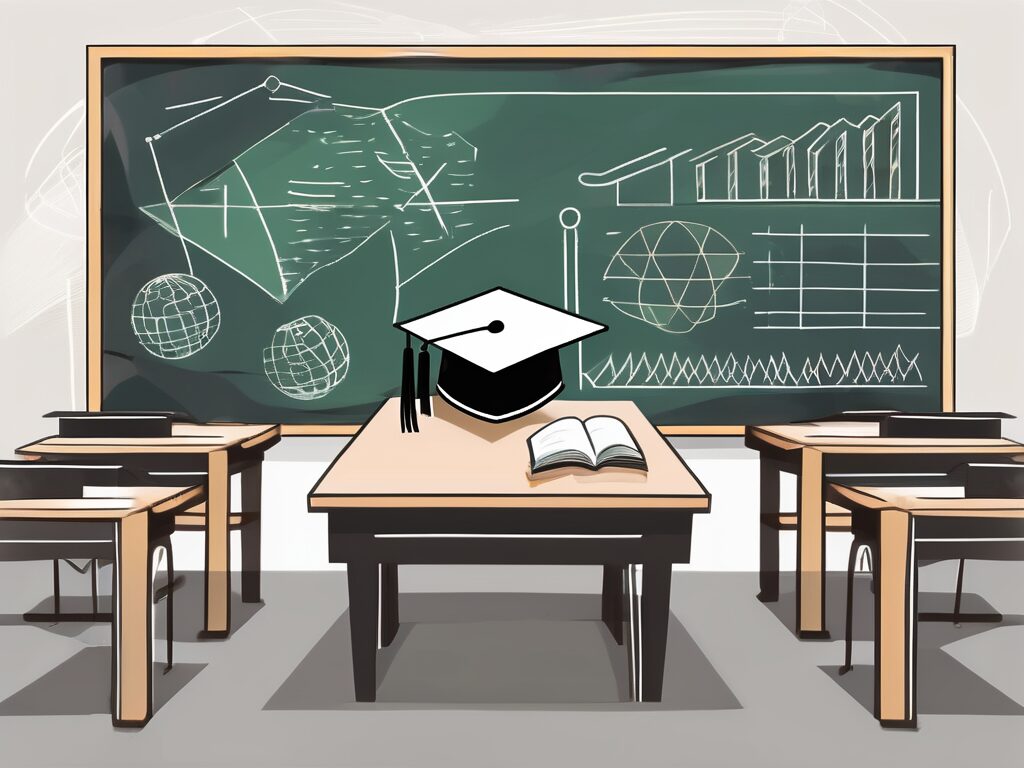The cosmopolitan city of Dubai, known for its towering skyscrapers and luxurious lifestyle, is also a melting pot of diverse cultures. This cultural diversity is reflected in its education system, making it a unique and enriching environment for teachers. However, for teachers with a Master’s in Education, navigating through this cultural diversity can present certain challenges. This article will delve into five examples of cultural barriers that teachers may encounter in Dubai’s education system.
1. Language Barrier
Despite English being the medium of instruction in most schools in Dubai, the language barrier can still pose a significant challenge for teachers. This is because the student population in Dubai is incredibly diverse, with pupils hailing from various parts of the world, each with their own native language.
For a teacher with a Master’s in Education, this means having to adapt their teaching methods to ensure that all students, regardless of their first language, can understand the lessons. This could involve using visual aids, incorporating more group work, or even learning a few phrases in the students’ native languages to better connect with them.
2. Differences in Learning Styles
Another cultural barrier in Dubai’s education system is the difference in learning styles. In some cultures, rote learning is the norm, while in others, critical thinking and problem-solving are emphasised. This can lead to a clash in the classroom, as students from different backgrounds may have different expectations of the teaching and learning process.
Teachers with a Master’s in Education are trained to cater to diverse learning styles. However, balancing these different styles in a multicultural classroom can be a daunting task. It requires a great deal of flexibility, creativity, and patience on the part of the teacher.
3. Cultural Sensitivity
Dubai is a city where tradition meets modernity. While it is known for its progressive outlook, it is also deeply rooted in Islamic culture and traditions. This can sometimes lead to misunderstandings or conflicts in the classroom, especially if the teacher is not familiar with these cultural nuances.
For example, during the holy month of Ramadan, Muslim students fast from dawn until sunset. Teachers need to be aware of this and make necessary adjustments to their teaching schedule and activities. Additionally, understanding cultural norms around gender interactions can also be crucial in a classroom setting.
4. Parental Involvement
In many cultures represented in Dubai, education is seen as a shared responsibility between the school and the parents. This means that teachers may need to deal with high levels of parental involvement, which can sometimes be overwhelming.
While parental involvement can be beneficial in enhancing student learning, it can also put additional pressure on teachers. They may need to invest extra time in communicating with parents, addressing their concerns, and involving them in the learning process. This requires excellent communication skills and a good understanding of cultural norms and expectations.
5. Adapting to the Local Curriculum
Lastly, teachers with a Master’s in Education from a foreign country may find it challenging to adapt to the local curriculum in Dubai. The curriculum in Dubai schools is often a blend of international and local elements, reflecting the city’s global outlook and its commitment to preserving its cultural heritage.
Teachers may need to familiarise themselves with subjects such as Islamic Studies or Arabic, which are integral parts of the curriculum. They may also need to adapt their teaching methods to align with the curriculum’s objectives and assessment criteria. This requires a willingness to learn and adapt, as well as a deep respect for the local culture and traditions.
In conclusion, while teaching in Dubai can present certain cultural barriers, it can also be an enriching and rewarding experience. It offers teachers the opportunity to broaden their horizons, develop new teaching strategies, and make a positive impact on a diverse group of students. With the right mindset and approach, these cultural barriers can be turned into stepping stones for professional growth and personal development.
Enhance Your Teaching Career in Dubai with iQTS
Overcoming cultural barriers in Dubai’s diverse educational landscape requires not only adaptability but also a robust qualification that is recognized internationally. The International Qualified Teacher Status (iQTS) programme at The IQTS at UWE is designed to elevate your teaching credentials, ensuring you meet the high standards of international schools. By joining the iQTS programme, you can increase your chances of interview callbacks, accelerate your career progression with higher promotion rates and salary potential, and connect with a global network of professionals, reducing feelings of isolation. Moreover, with a deeper understanding of global education systems, you’ll become 65% more adaptable in multicultural classrooms. Embrace the opportunity for professional development with our flexible online study options that fit around your busy teaching schedule. Make Your Next Step towards a successful international teaching career with iQTS.

